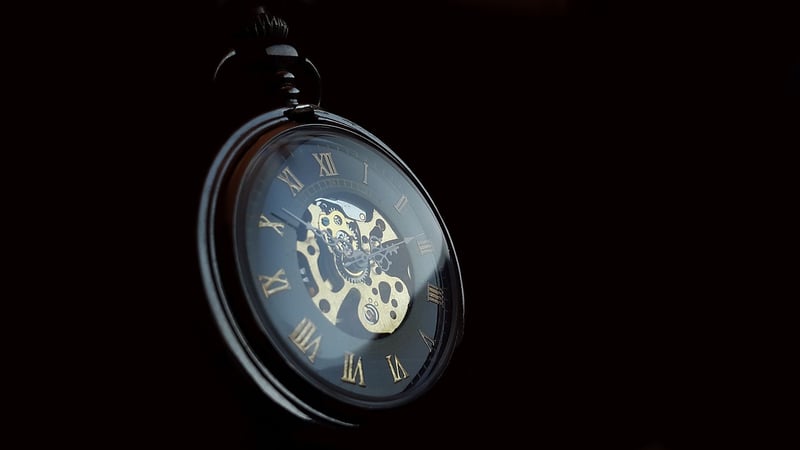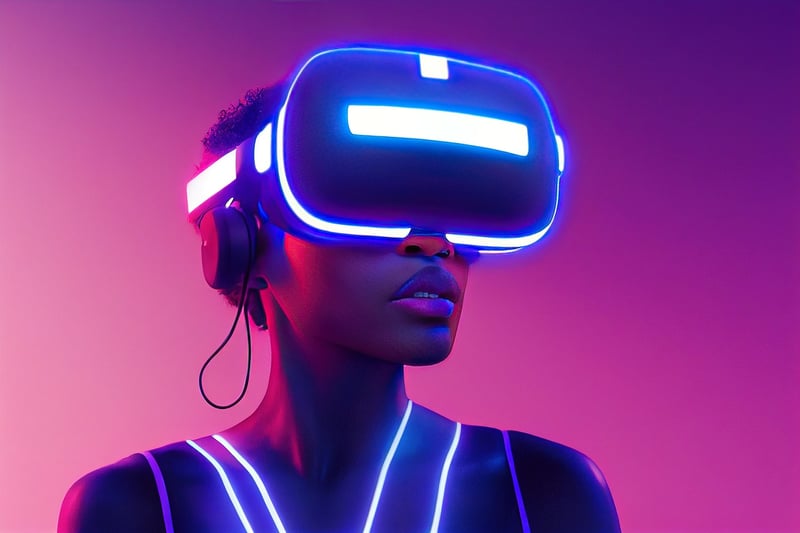Alternate Realities
The Intriguing World of Time Manipulation and Alternate Realities

Time manipulation and alternate realities have long been popular concepts in science fiction and fantasy. The idea of controlling time or exploring parallel universes has captivated the human imagination for centuries, leading to a plethora of stories, movies, and theories.
Understanding Time Manipulation
Time manipulation refers to the ability to alter the flow of time or travel through different points in time. While time travel remains a theoretical concept in physics, it has been extensively explored in literature and media. Various laws govern the principles of time manipulation, including:
- Law of Causality: The principle that every event is caused by a preceding event, making alterations to the past potentially disruptive.
- Chronology Protection Conjecture: Proposed by physicist Stephen Hawking, this theory suggests that the laws of physics prevent time travel on a macroscopic level.
- Grandfather Paradox: A classic time travel paradox where a person goes back in time and prevents their grandparents from meeting, thus preventing their own birth.
Exploring Alternate Realities
Parallel universes or alternate realities are hypothetical self-contained separate realities that coexist with one's own. The concept suggests that there could be countless other universes with different laws of physics and alternate versions of ourselves. Some popular theories on alternate realities include:
- Multiverse Theory: Proposes the existence of multiple universes, each with its own set of physical laws and properties.
- Many-Worlds Interpretation: Suggests that every possible outcome of a quantum event occurs in a separate universe, leading to a branching multiverse.
- String Theory: A theoretical framework in which the point-like particles of particle physics are replaced by one-dimensional strings, potentially allowing for the existence of multiple dimensions.
The Intersection of Time Manipulation and Alternate Realities
Time manipulation and alternate realities often intersect in storytelling, creating complex narratives where characters navigate through different timelines and dimensions. This intersection raises philosophical questions about free will, destiny, and the nature of reality itself.
While the laws governing time manipulation and alternate realities may remain speculative, their impact on literature, cinema, and scientific thought is undeniable, fueling endless creativity and exploration.
So, whether you are intrigued by the idea of changing the course of history or venturing into a parallel universe, the realms of time manipulation and alternate realities offer a rich tapestry of possibilities to explore.

